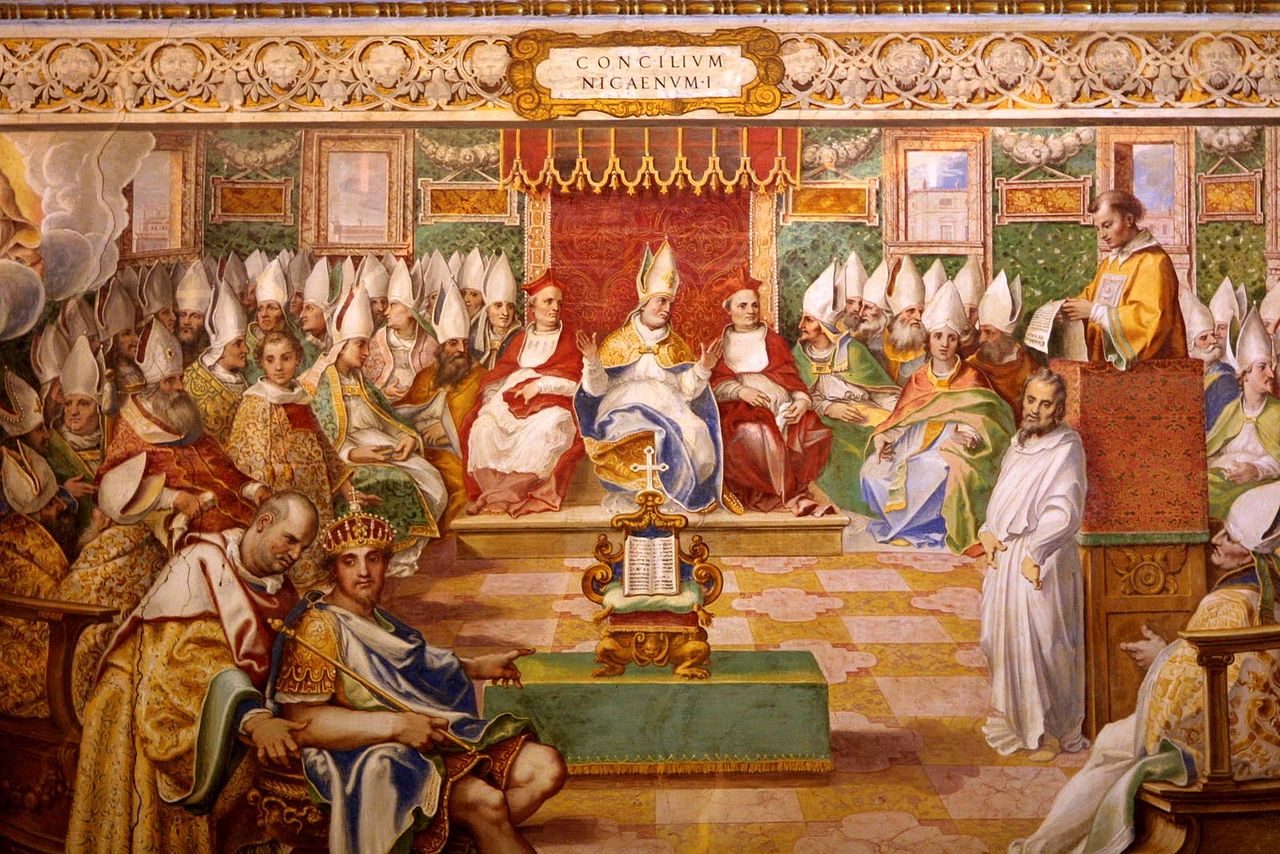Non-Muslims Decline Invitation to Have Tea in Shariah Parlour
“Will you walk into my parlour?” said the Spider to the Fly,
‘Tis the prettiest little parlour that ever you did spy;
The way into my parlour is up a winding stair,
And I’ve a many curious things to shew when you are there.”
Oh no, no,” said the little Fly, “to ask me is in vain,
For who goes up your winding stair can ne’er come down again.”
PAS and UMNO politicians are quick to reprimand non-Muslims for refusing to support their proposal to amend Act 355, despite being given assurances that the Act will not affect non-Muslims. These politicians ignore the fact that non-Muslims have good reasons to be wary of enhanced shariah courts since their freedom has been violated many times by Shariah officials. See Shariah Law has no Consequences on Non-Muslims? HUMBUG (HAM-BAK)!
Non-Muslims are eminently reasonable when they argue they should have a genuine say in drafting laws that impact their lives, and that it is the civil court rather than the shariah court that should be enhanced since only the civil court can provide a fair and natural platform to ensure equal protection under the law for citizens from diverse religions seeking to forge a common life in a plural society.
Non-Muslims remain wary of Muslim legislators who have demonstrated that they are prepared to act unilaterally as they press ahead with Shariah-complaint laws with a view of imposing them on non-Muslims. Given below are two further examples of disturbing rhetoric from Muslim legislators who insist that Shariah law should be applied to non-Muslims. This rhetoric can only heighten the anxieties of non-Muslims.
Note that the proposed law to abolish black magic will be applied to non-Muslims. More disturbing is the proposal that the special body of Islamic experts advising (supervising?) the court are exempted from cross examination, and that its judgment in a trial will be accepted by the court as conclusive. Continue reading “Black Magic and Beauty Contest. Shariah will be Applied to non-Muslims. No Thanks!”
 The Council of Nicea (AD 325)
The Council of Nicea (AD 325)